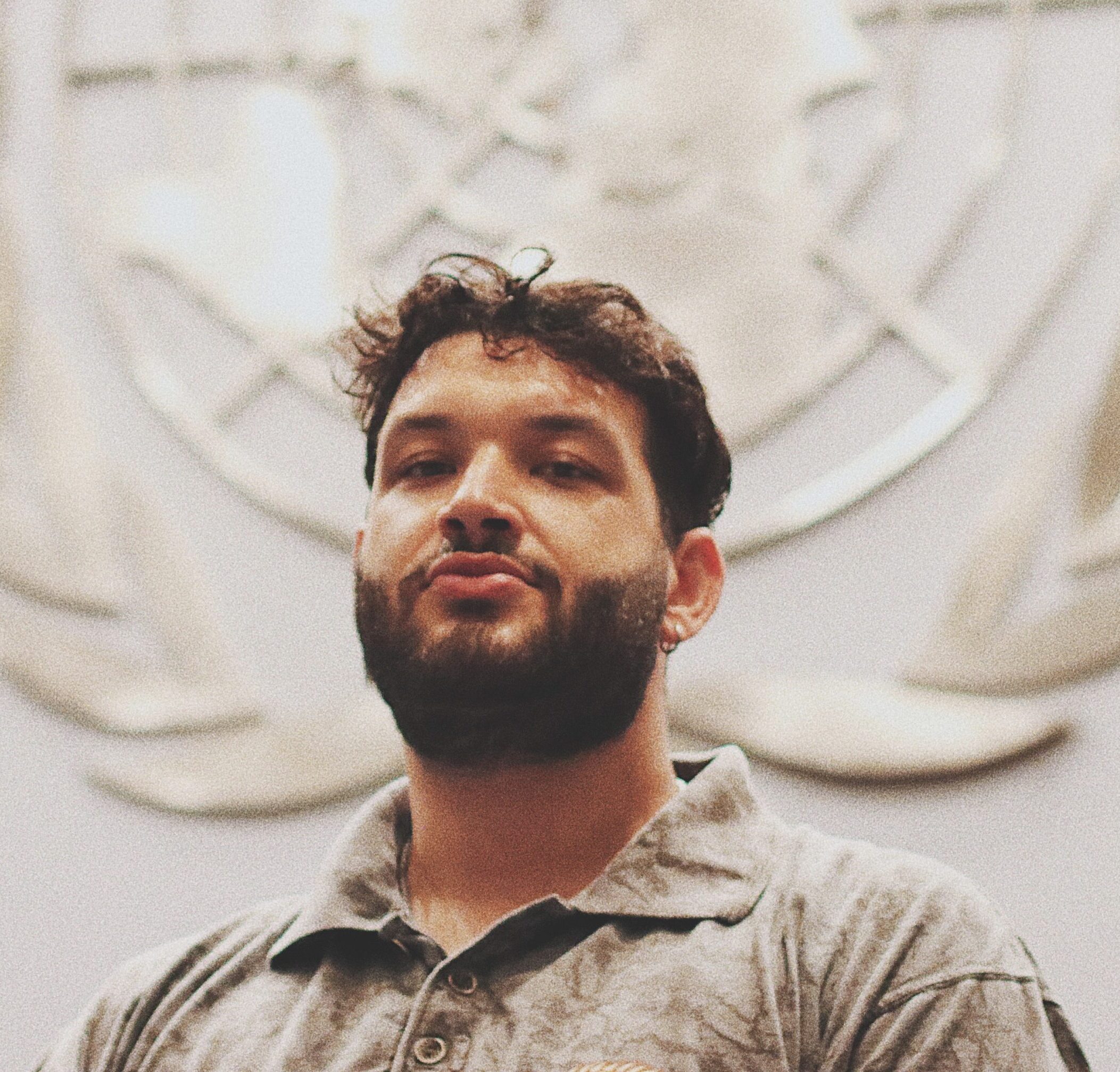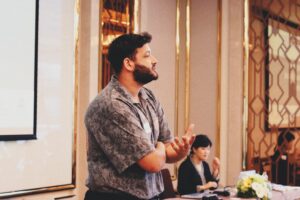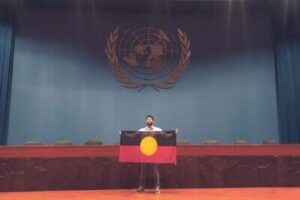
Malachi Murljacic
Malachi is a proud First Nations Australian of the Kunja People and an intern with the UNAA in 2020. In 2019, Malachi was awarded a New Colombo Plan scholarship and lived in Thailand for seven months. Through the scholarship, Malachi continued his business degree at Bangkok University, learnt Thai and completed an internship in the Youth Co:Lab team at the United Nations Development Programme (UNDP). Malachi has a keen interest in global Indigenous studies, having also studied in Fiji in 2017, Canada in 2018 and will complete an undergraduate business degree from the University of Canberra in 2020. In 2022 Malachi will pursue a Masters in Indigenous entrepreneurship eco-systems for capital development and self-determination.
What sparked your interest in the United Nations?
I never really had any exposure to the UN until I started interning at UNDP Thailand in 2019. However, I have always aspired to be a change-maker, trying to positively affect the areas that I am involved. So quite organically through my studies, culture, opportunities and interest areas, I have been led to the UN. Since then I have gravitated towards all things Indigenous, having been a part of a team that built a platform for Asia Indigenous social entrepreneurs as part of my 2019/2020 internship. Since then I have looked to become involved with the Permanent Forum on Indigenous Issues Youth Caucus and am interested in UN Indigenous and Human Rights mechanisms. I believe that Aboriginal and Torres Strait Islander involvement and representation is very important – in not just consultation or a seat at the table, but in decision making roles. I look not only to become more involved myself, but use my platform to provide opportunities for other young Indigenous peoples.
Have you always been interested in the issues affecting Indigenous peoples?
My dad was always worked for Indigenous organisations or government departments. My mum ran an Indigenous art and clothing business and as a kid we would travel around the country visiting Aboriginal art shops and cultural centres in Central Australia, the East Coast, and the top end. Becoming involved in mob spaces was never a conscious decision. It’s something that again, happened quite naturally and organically. I followed those burning gut feelings and passions and they led me to where I am now.
As someone who has worked with the UNDP and now with the UNAA, what advice would you give to young Indigenous Australians looking to become involved in the work of the United Nations?
Follow your passions, utilise your networks, never be afraid to reach out and ask for some advice and help from the mob. An internship could also really get you a foot in the door. It seems as if a lot of people want to work for the UN due to brand name and so forth. It is important to engage meaningfully within the system; this translates across the way that you network and volunteer. Make your name known, be persistent, and let that passion carry over to your energy in where your work or are trying to get to.
What has helped you most in your career?
Without a doubt it has been my relationships and networks. It is so important as a young professional to develop meaningful connections with bosses, mentors and colleagues along the way. Build a contact list of people who trust in you and believe in you. Networking is a conscious decision and an art form that takes practice. It’s not necessarily about going to ‘networking events’, but more about recognising and seizing opportunities. Networking is a muscle, so you constantly need to exercise it to attain a certain level of skill and finesse. Through networks, I also think it is important to seek out an experienced mentor who can help with guidance, knowledge and advice throughout your journey, especially at those important and defining cross-roads. Especially important if the blue print of what you are trying to do does not exist yet.
How do you see the role of the UN in the future, now in its 75th year and how do you see Australia’s role?
I want to see Australia become more involved within the UN regarding Indigenous peoples in the future, and I hope to be a driver of this. I wish to see more representation of our young Aboriginal and Torres Strait Islander peoples within the UN system, being leaders and blazing trails at the highest levels of the UN. The talent and knowledge is already there, it is simply about creating a platform where those individuals can be exposed to high level UN Fora and vice versa. I know this is one of the aims of the UNAA UN Alumni Network which is great.
Is there anything else you want to add, perhaps to other young Indigenous people who may be unsure about their career?
Above all, you must learn to believe in yourself unconditionally. Look to your ancestors, mob, family, friends and networks for support. We are a strong, ancient and resilient peoples, and we are powerful. I think belief in our own power and capabilities can be difficult for some, just like it was for me. I know when I talk to other Aboriginal people that I am not alone with those feelings of inferiority. Never believing that you’re good enough or smart enough due to the feedback we get from society. It is an intergenerational problem that stems from the ongoing repercussions of colonisation, oppression and dispossession, and the powerlessness that comes from those feelings of grief. Overcoming this is no easy feat, but I believe once we are able to get over that imposter syndrome, especially in non-Indigenous dominated corporate spaces, there is no ceiling on what we can do in terms of creating pathways to empowerment for our young people, and ultimately self-determination. Just as our elders, who went higher than the generation before them, it is important that we do the same, paying it forward as we go.

